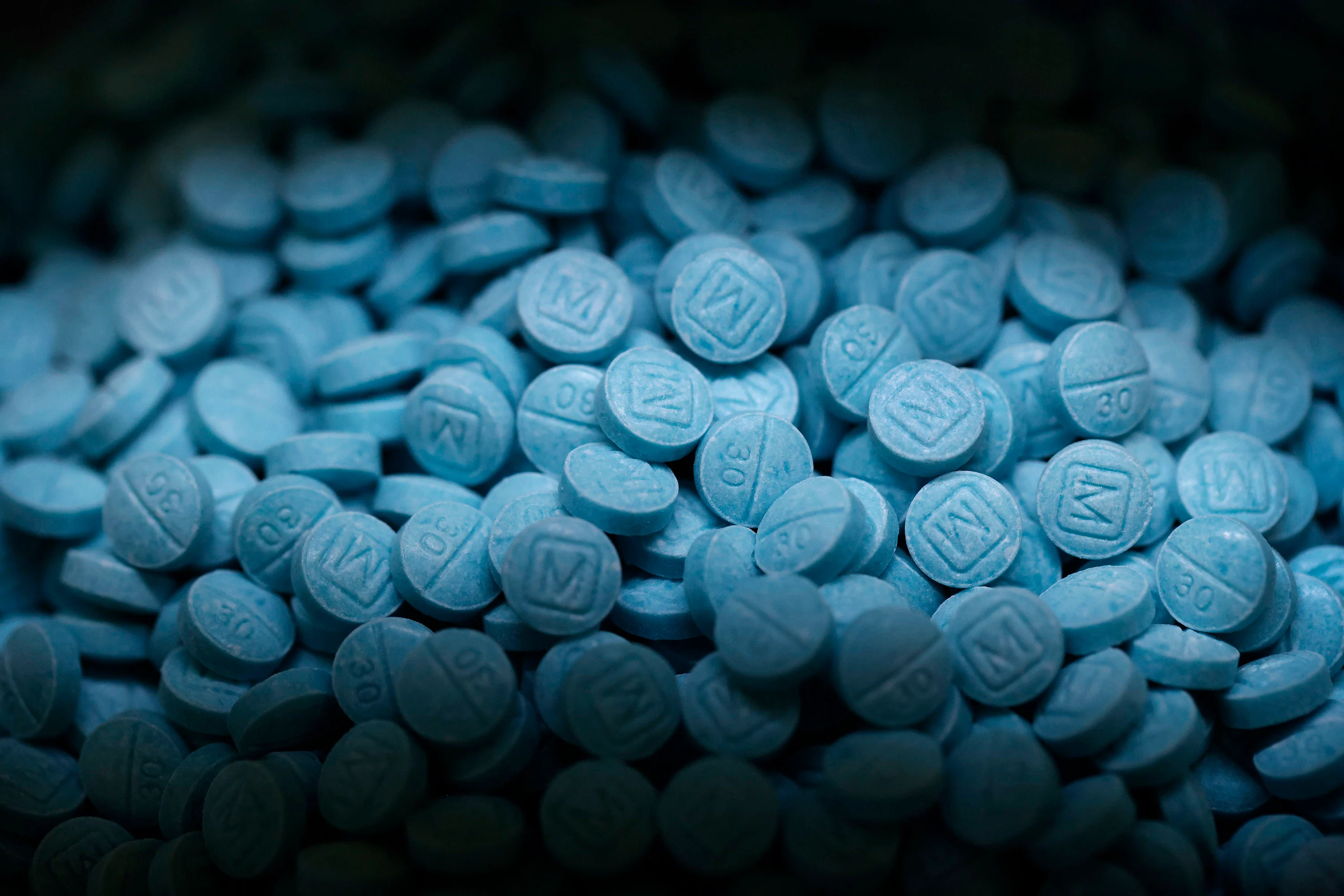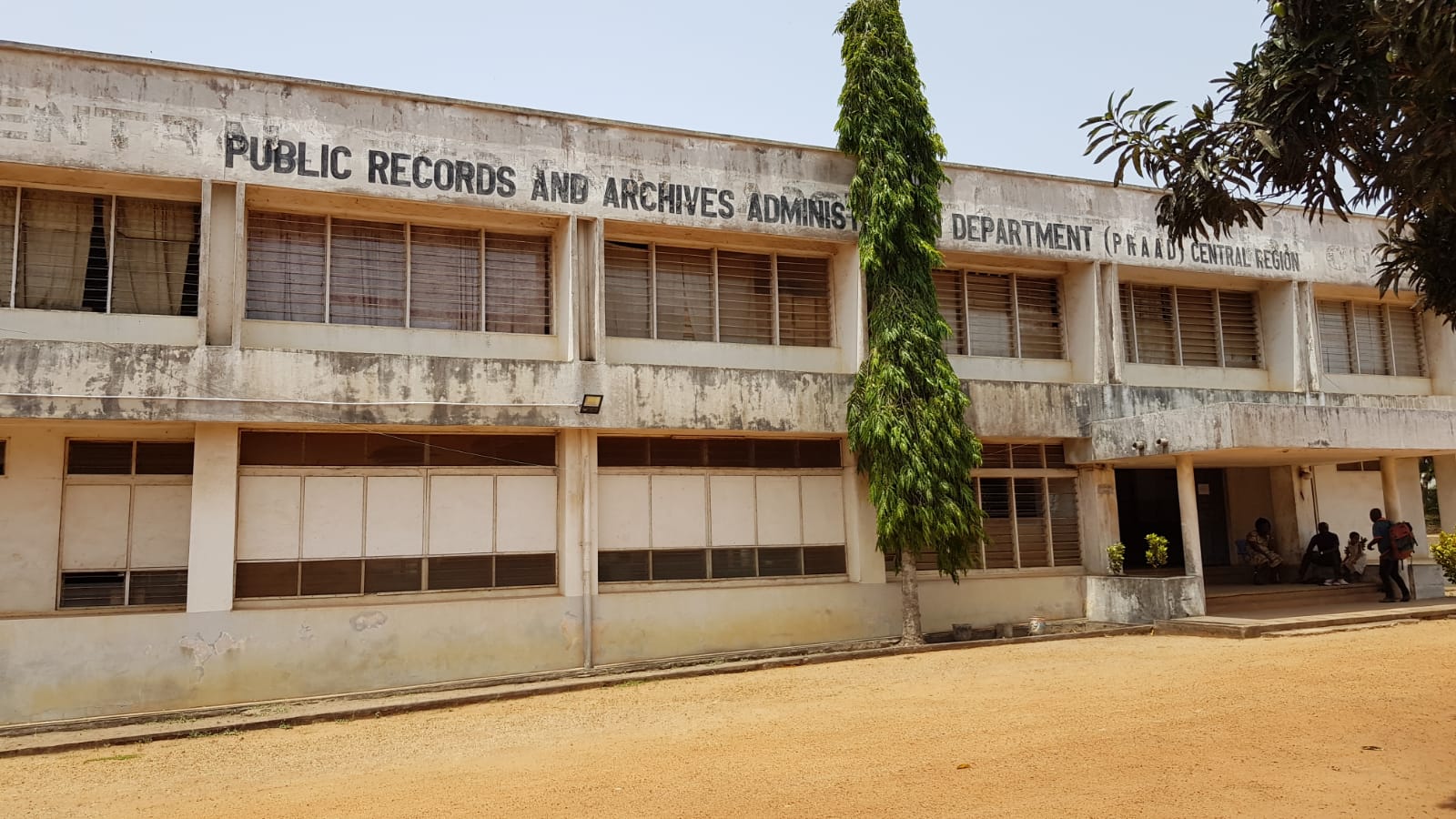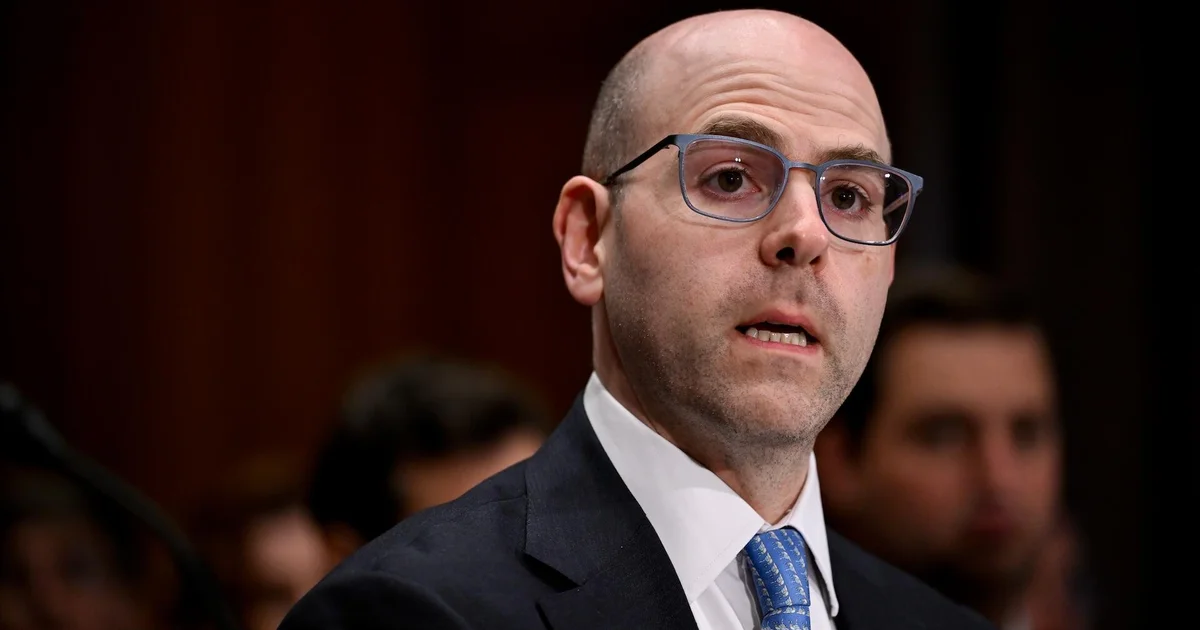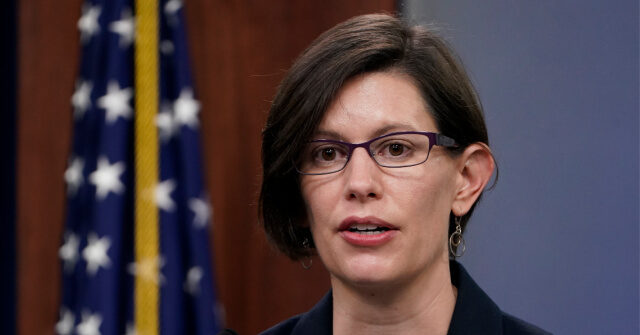By Fan Chen
Copyright scmp

The United States and China found a rare common ground in their trade talks in Madrid this week, agreeing to work together to crack down on money laundering from illegal fentanyl sales.
After the talks ended on Monday, US Treasury Secretary Scott Bessent said both nations suffered the consequences of the money laundering from the trade.
“The money laundering is the result of fentanyl sales, and both the People’s Republic of China’s government and the US government and citizens are hurt by the money laundering,” he said.
Bessent added that modern money laundering networks were the “offspring” of groups originally designed to evade China’s capital controls and had since morphed to serve Mexican drug cartels.
“We discussed ways we could work together and the Chinese delegation was very keen to work with us. It was an area of extreme agreement,” he said.
The US has long accused China of being both a source of fentanyl precursors – the chemicals used to make the drug – and a hub for money laundering networks.
Those claims came to the fore in March when US President Donald Trump used the issue to justify a 20 per cent across-the-board tariff on Chinese imports.
American authorities have taken other action to try to stem the drug tide.
Earlier this month, a grand jury in Ohio charged three US citizens, 22 Chinese nationals and four Chinese pharmaceutical companies with involvement in international drug trafficking and money laundering conspiracies.
The indicted companies allegedly used overseas agents to sell illegal products to US customers and required payment in cryptocurrency to offshore digital wallets, according to the US Department of Justice.
Even the Chinese social media app WeChat – which has about 1 billion global users – has been caught in the crossfire, with North Carolina Attorney General Jeff Jackson accusing it in May of facilitating cross-border money laundering to help finance the fentanyl plague.
Fentanyl has killed tens of thousands of Americans and the agreement in Madrid is the latest in a series of efforts to crack down on money laundering helping to fuel the crisis.
In August, the Trump administration called on American banks and other financial institutions to step up monitoring of suspected Chinese money laundering networks.
John Hurley, undersecretary for terrorism and financial intelligence at the Treasury Department, pledged that the US would not stand by and “allow nefarious actors to launder illicit proceeds through [its] financial system”.
US authorities also proposed a bill in March to give the Treasury Department expanded authority to target financial networks that enable the illicit fentanyl trade.
Beijing has also passed a revised anti-money-laundering law as a broader effort to strengthen financial oversight.
The law, which took effect on January 1, expands anti-money-laundering obligations to non-financial businesses and professions and refines the definition of anti-money-laundering, including seven types of predicate offences.



